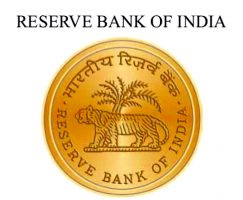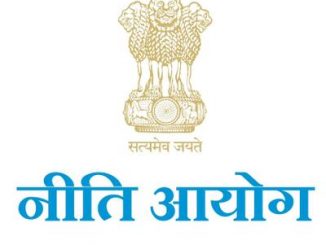
As expected, the RBI kept the policy repo rate unchanged at 6.75 per cent in the fifth bi-monthly monetary policy review. With the possibility of a lift-off in interest rates by the US Fed increasing and retail inflation rising for the third month, the central bank has chosen to keep the powder dry. Top bankers share their views on the policy.
Arundhati Bhattacharya, Chairman, State Bank of India: The RBI’s decision to keep the repo rate unchanged is on expected lines. Today’s policy undertone has leaned towards the neutral-to-dovish side. The Governor’s indication of an accommodative policy stance sends a positive signal for the Indian economy. The guidelines on the base rate calculation based on marginal cost of funds will be watched and appropriate actions will be taken on the same. Overall with current account deficit and inflation targets well under control and Q2 GDP at 7.4 per cent, the Indian economy seems headed for a good financial year ahead.
Ashwani Kumar, Chairman, Indian Banks’ Association: In this policy, thrust is given on inflation management. It is implicitly spelt in the policy that managing the supply-side factors both by the Centre and State governments is crucial for managing inflation in future.
With a view to speed up monetary transmission, the government is examining linking the small savings interest rates to market interest rates. Small savings schemes offered by the government with yearly reset, offer tough competition to banks’ fixed deposits, especially when deposit rates are going downwards. From this angle, this move is a big “positive” for the banks. As for reduction in lending rate, though the median base rate is 60 basis points, some of the banks have passed on more than that to customers.
Efforts to clean up the balance sheet of banks both by the regulator and banks would help banks to lend further to fund the growth of the country.
Chanda Kochhar, MD and CEO, ICICI Bank: The policy statement indicates that the Indian economy continues to progress on the expected path, with improving growth indicators and inflation contained within the targeted range. The central bank has expressed strong confidence in the government’s commitment to fiscal consolidation.
As the impact of monetary policy measures taken so far play out in terms of bank funding costs, lending rates are expected to continue to moderate. Overall, macroeconomic conditions are conducive for an improving growth trajectory as the various policy measures announced by the government take effect.
Rana Kapoor, MD and CEO, YES Bank: The RBI has decisively focused on domestic factors of improving growth and an anchored inflation trajectory, allowing it to downplay the impact of the Fed lift-off likely later this month.
Going forward, I believe RBI will have scope to ease rates in Q4 as CPI inflation comfortably undershoots the 6 per cent January 2016 target and the government reaffirms its commitment to fiscal consolidation while embarking on key reforms of bankruptcy code and GST. Meanwhile, I am confident that the economy’s revival and ongoing efforts to clean the balance sheets of banks will offer them the opportunity to push monetary transmission beyond the 60 bps seen this calendar year.
Melwyn Rego, MD and CEO, Bank of India: Given the current scenario in the fixed income and forex markets largely on account of expected US Fed rate hike, the statement that the RBI will remain accommodative, if room becomes available, has given some comfort to the market.
New guidelines on base rate calculations are expected soon and banks will realign rates to the new methodology. This, along with the proposal to link small savings interest rates to market interest rates, is expected to facilitate better transmission of monetary policy.
K Venkataraman, CEO, Karur Vysya Bank: There is no trigger for any rating action in the present circumstances. The RBI’s decision not to tinker with the rates is on expected lines.
Obviously, inflationary tendencies are under watch. Even if demand rises, with capacity utilisation improving, there may not be any major impact.
IndianBureaucracy.com wishes the very best.







Leave a Reply
You must be logged in to post a comment.